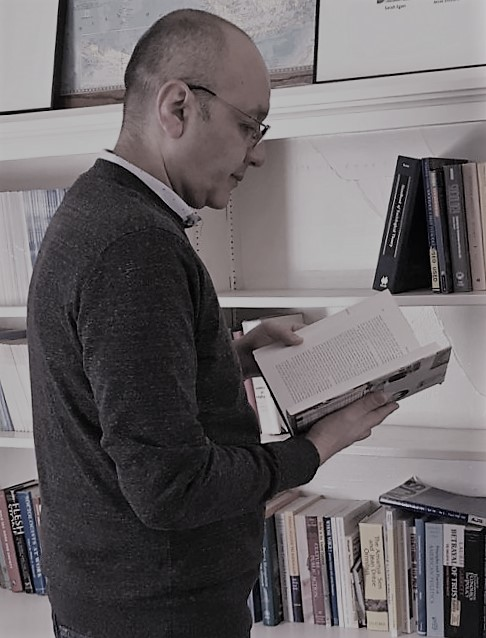New course The civil sphere: theory, methodology and case studies, taught by Arteaga Botello Nelson
Arteaga Botello Nelson, Professor-Researcher at FLACSO, Mexico, is introducing their new course taught in Spanish:
“Identify and critically understand the theoretical and methodological efforts of the civil sphere theory. The course addresses how the latter accounts for the construction processes of expanded and restricted solidarities in different social and cultural contexts. The theory of the civil sphere appears as a horizon of relevant dialogue with the problems of contemporary societies. The teaching program is organized to give an account of the central assumptions of the theory of the civil sphere, the criticisms to which it has been subjected, as well as the efforts within it to expand its interpretative capacity beyond the intellectual space in which originated (the United States). Comprehensive efforts to understand how the civil sphere is intertwined with symbolic structures and emotions that define institutional worlds in Latin American, Asian, and European countries are reviewed. The program examines the practices and social meanings that are built around violence, war, migration, decolonization, feminist, and digital mobilizations, as well as gender disputes and political scandals in Colombia, Ireland, Iraq, France, Mexico, Sweden, Argentina, Korea, United Kingdom. The civil sphere is understood as an active symbolic structure of meanings and emotions that defines a world of values and institutions that simultaneously produce the capacity for criticism and social integration. It is thanks to this capacity for criticism and integration that society generates competencies for the control of the meaning of acts and social events that are considered, broaden, or restrict the bases of solidarity and social inclusion, as well as strengthen or weaken democratic institutions. The civil sphere is a framework of communication, not consensual, and a set of communicative institutions –media, civil associations, surveys– and regulatory institutions – positions, judicial apparatus, voting– in constant transformation, which forms the heart of contemporary democracies.”
Arteaga Botello Nelson
